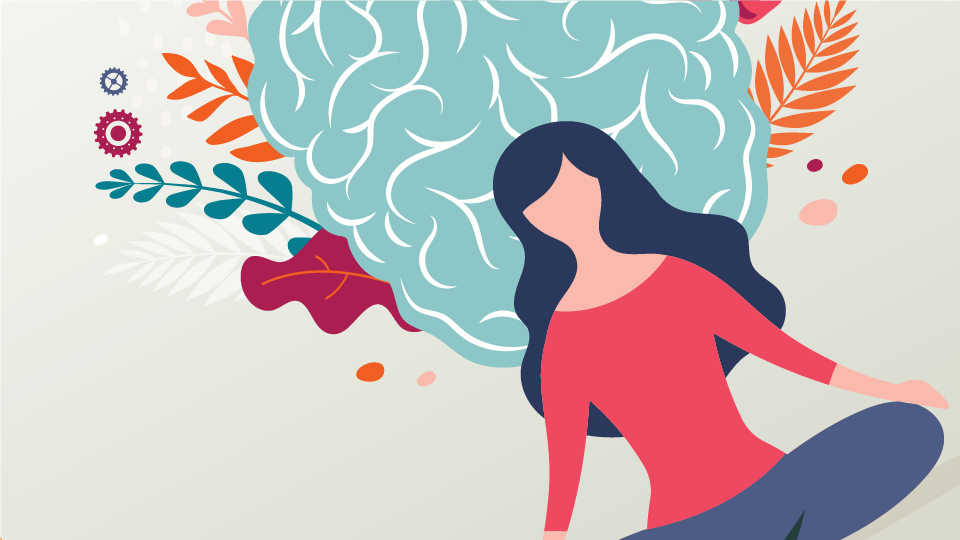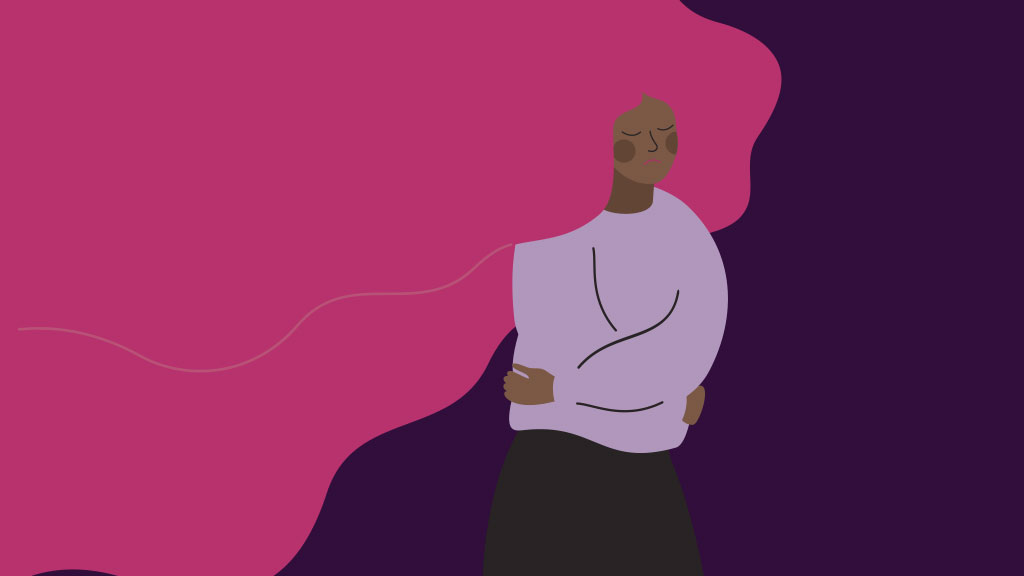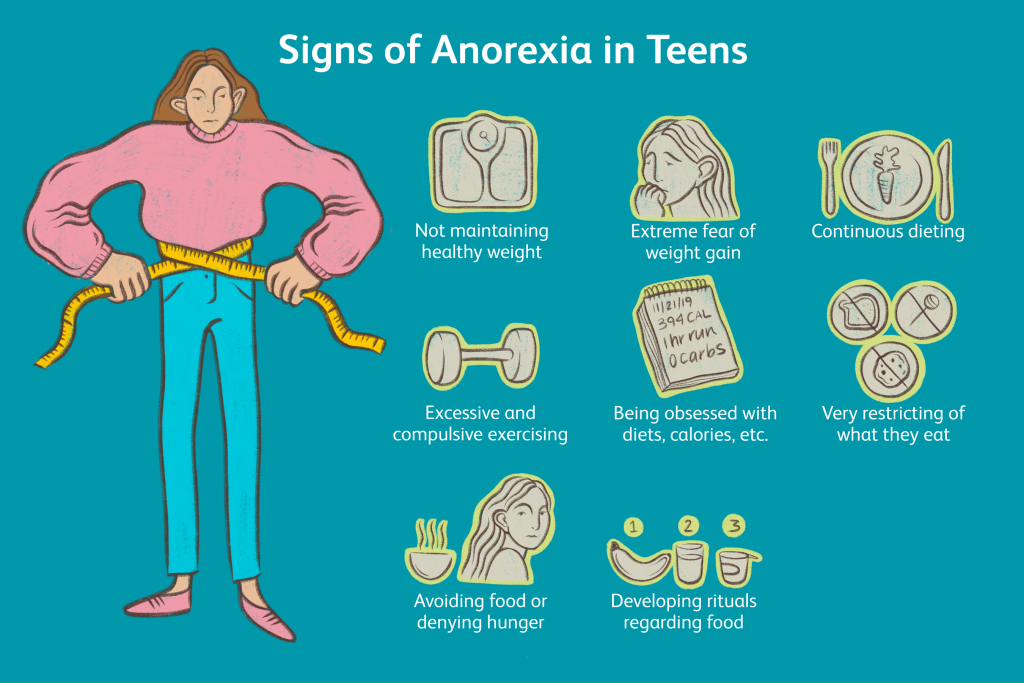
How a Health Guide Can Improve Your Life
Many people don’t understand how a health guide can help them improve their lives. These professionals are trained to treat patients as a whole, not just symptoms of a condition. They can answer specific questions about your health journey and help you navigate the healthcare system. Listed below are 23 examples of health guides that are available online and for download. The following are just a few of the many types of health guides that are available. These resources are intended to provide useful information about a wide variety of topics.
A health guide is an individual that can help you understand how the benefits you’ve gathered can help you reach your health goals. They can help you better understand the programs and services available to you and connect you to qualified medical professionals. These professionals are also able to help you make appointments, locate doctors within your insurance plan, and schedule preventive care. They will work with you to meet your goals and address any health concerns you may have. They can even be a part of your team, so you can focus on the bigger picture.
A health guide’s services are typically free and are designed to help you learn about your health plan and how to use it to your benefit. They are not physicians and do not have specific medical training, but they can help you understand how your insurance works. A health guide can also help you get connected to a health plan’s nurse guide and answer questions about your prescriptions. If you have any questions or concerns about your health plan, you can contact the company’s customer service line on the back of your ID card.
The benefits of using a health guide are numerous

One of the biggest benefits is that they do not have any agenda and empower patients to take control of their own health. The costs of health coaching sessions are affordable, and many insurance companies will pay for the cost. These guides can also be used to reduce costs when visiting a physician. The benefits are clear-cut and they can help you make smart decisions. If you’re considering a health coach, consider this option.
A health guide can be a lifesaver
If you are unsure of your options, you can consult a health guide for additional information. This specialized person will help you navigate complicated medical issues and understand your coverage and connect you with specialized medical professionals. They are an excellent resource for your health. If you’re wondering how to find a local health guide, call the company’s customer support number on the back of your ID card.
A health guide can be beneficial for people who are concerned about their health. A health guide can answer questions about prescriptions, medications, and their plans. A health guide can also help you find in-network doctors and connect you with them. Lastly, a quality health guide can be a valuable resource for your family and friends. These individuals can be a great source of support for you. They can help you find the right person to meet your unique needs.

Why Choose Philadelphia Limo?
If you are looking for a Philadelphia limo service, you are in luck. You’ll find more than just a car at Philadelphia Limo. This company has access to the most luxurious fleet of limousines in the Philadelphia, PA area. You can choose from Lincoln, Chrysler, Mercedes, BMW, Ford, Chevorlet, and more. And you’ll be able to choose the type of car that is right for you. And all of the vehicles include incredible amenities.
A Philadelphia limo service can get you to and from the airport with ease. Its fleet of limos is large and comfortable, which means you’ll be able to get there in style and comfort. And because you’ll be traveling with friends and family, you won’t have to worry about driving too far. You can choose between stretch limousines, town car sedans, SUVs, and minivans. You’ll find a luxury vehicle with all of these options, and you’ll be able to travel anywhere you want to go in the area with ease.
You can also hire a Philadelphia limo service if you’re planning a bachelor party. Getting married in Philadelphia is an exciting and memorable experience for many people. A limo will make you feel like a king or queen in this city. There’s nothing better than a beautiful city. And you’ll never have to worry about parking! A limo service will ensure you reach your destination in style, without any hassle.
Choosing a Philadelphia limo service can be an amazing way to make your day memorable


From airport transportation to long distance trips, there’s a limo for you! It’s a great option to impress your friends and family. In addition to getting the best price possible, you’ll be able to choose a vehicle that’s right for your needs. You can also get the best value for your money by using a reputable Philadelphia limo service.
You can choose between a stretch limo or a party bus
For smaller parties, a limo can accommodate as many as forty passengers. If you are traveling with a large group, a party bus is perfect for a larger group. Charter buses can accommodate up to 60 passengers, making them ideal for larger occasions. A charter bus is the most convenient choice for larger groups. They can seat up to 60 people.
If you’re traveling with your family, a limo is the best way to travel around the city. There are plenty of places to explore in Philadelphia. The city’s historic districts are the best places to see the sights. If you’re planning to have a prom or wedding, you’ll definitely need a limo, but the city’s many museums are also worth checking out. If you’re going to Philadelphia for the first time, make sure you hire a professional limo service.

Information and Resources
What is an eating disorder?
Eating disorders involve a preoccupation with food, weight and shape. Anorexia Nervosa is marked by restrictive eating, a distorted body image, and an unrealistic fear of weight gain, along with achieving a dangerously low weight and a cessation of menstrual periods. Bulimia Nervosa is also characterized by body image concerns, but individuals often engage in binge eating, and attempt to compensate to prevent weight gain through the use of purging behaviors such as self-induced vomiting, laxative or diuretic abuse, or excessive exercise. Individuals with binge eating disorder or compulsive overeating may be of normal weight or overweight, but struggle with cycles of overeating and subsequent feelings of shame.
Many symptoms of the above mentioned disorders overlap, so that individuals with eating disorders may have forms of one or more of the disorders at any one time. Some may not fit all of the diagnostic criteria at a given time, but may experience the associated low self-esteem, poor body image and health effects nonetheless. When reviewing the list of symptoms below, please keep in mind that this is a partial list of possible symptoms, and that you do not need to have every symptom listed to warrant getting the help you need.
Warning signs of anorexia
- extreme weight loss
- continuing to diet, even though quite thin
- distorted body image
- irregular or absent menstrual periods
- unrealistic fear of weight gain
- preoccupation with food, nutrition, calories and/or cooking
- food rituals or rigid rules about eating
- avoiding meals
- preferring to eat in isolation
- frequent weight monitoring
- compulsive exercise
- binging and purging behaviors
- symptoms of low blood pressure, low blood sugar, dehydration
- Warning signs of bulimia
- binging or eating uncontrollably
- purging through self-induced vomiting, laxative or diuretic abuse, use of diet pills, or excessive exercise
- use of restrictive dieting to prevent weight gain
- body image concerns
- preoccupation with food, calories and weight
- using the bathroom frequently after meals
- dental problems, frequent sore throats, and digestive complaints
While the above is a partial list of warning signs, each individual is unique, and may only have one or a few of these. More serious, even life-threatening complications may develop at any time, so these symptoms must be taken seriously. Associated emotional and cognitive problems such as depression and mood swings, anxiety, impaired memory and concentration, and alcohol and substance abuse are also common. Parents, siblings, spouses, friends, roommates, and co-workers all may be affected by the disorder.

What is AABA of Philadelphia?
The American Anorexia and Bulimia Association is a non-profit organization that is supported by concerned members of the public and healthcare professions. AABA provides support, resources and advocacy for individuals with eating disorders and their loved ones.
Our mission is carried out through the following services:
- Support: monthly clinician facilitated support groups for individuals with eating disorders and their loved ones.
- Resources: resource database consisting of area support groups, treatment centers, therapists and nutritionists specializing in the field of eating disorders.
- Advocacy: as NEDA network members, we work with area professionals to advocate on behalf of individuals who are in recovery from or diagnosed with an eating disorder.
Our philosophy is that eating disorders are bio/psycho/social problems that require multidisciplinary intervention. One of the organization’s main functions is to provide a resource database consisting of support groups, treatment centers, therapists and nutritionists specializing in the field of eating disorders. AABA does not subscribe to any one particular type of treatment. Therefore, referrals from our organization are not recommendations. We believe that it is the individual’s responsibility to properly screen all referrals in order to find the facility or therapist that most appropriately fits his or her personalized needs.

Anorexia Treatment Providers
Find Treatment Providers
AABA recognizes that recovery takes courage and hard work. Having clinicians who specialize in treating eating disorders can facilitate this process. Like most relationships, a treatment relationship relies on a good “fit”.
About Treatment and Recovery
Individuals with eating disorders can make a complete recovery. Effective care usually involves a multidisciplinary team of specialists who develop a plan that best suits the needs of the individual and his/her family. Individuals seeking outpatient treatment typically work with a psychotherapist, dietitian, and physician, and may participate in group therapy or a support group. Individuals in need of more intensive treatment may benefit from an inpatient, day treatment or intensive outpatient program before they return to outpatient therapy.
Be Listed As A Treatment Provider
Treatment Providers – make sure people seeking treatment know how you can help!
Join us in our commitment to the highest caliber of eating disorder treatment available by becoming an AABA member and being listed in the AABA of Philadelphia Online Directory of Treatment Providers.
AABA is also listed with the following sites:
- NEDA – AABA is a network member of the National Eating Disorders Association
- ANAD – AABA is listed with ANAD and our support group is also an ANAD Support Group
- Gurze – Salucore Eating Disorders Resource Catalogue – “the most widely used resource in the field since 1980.”
- EDReferral – Eating Disorders referral and information database of treatment providers


